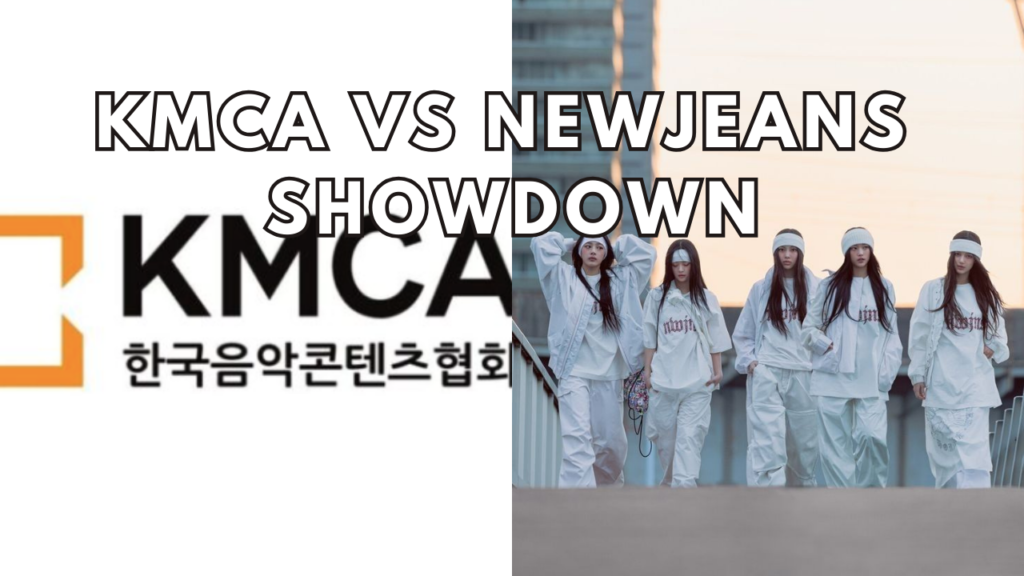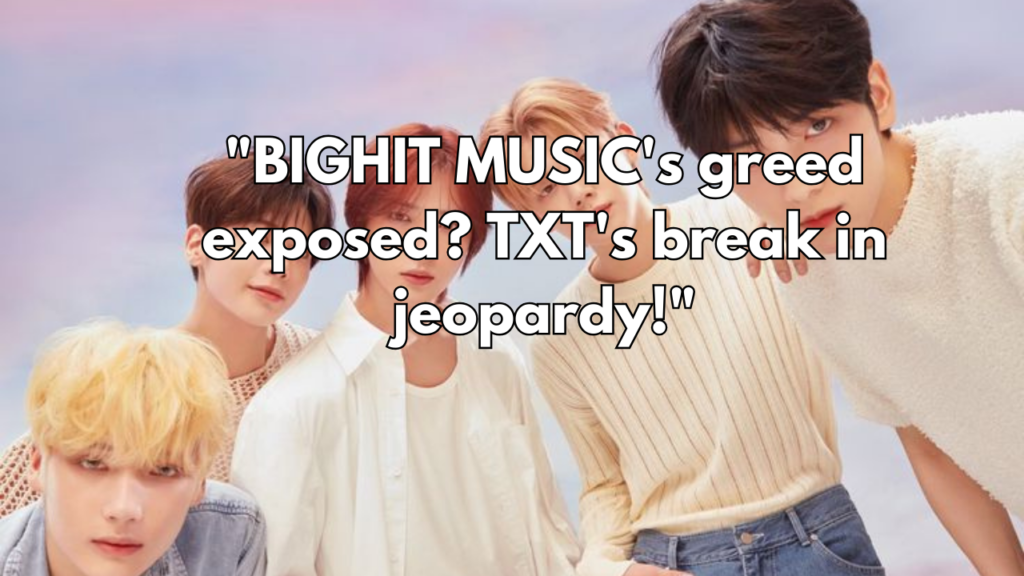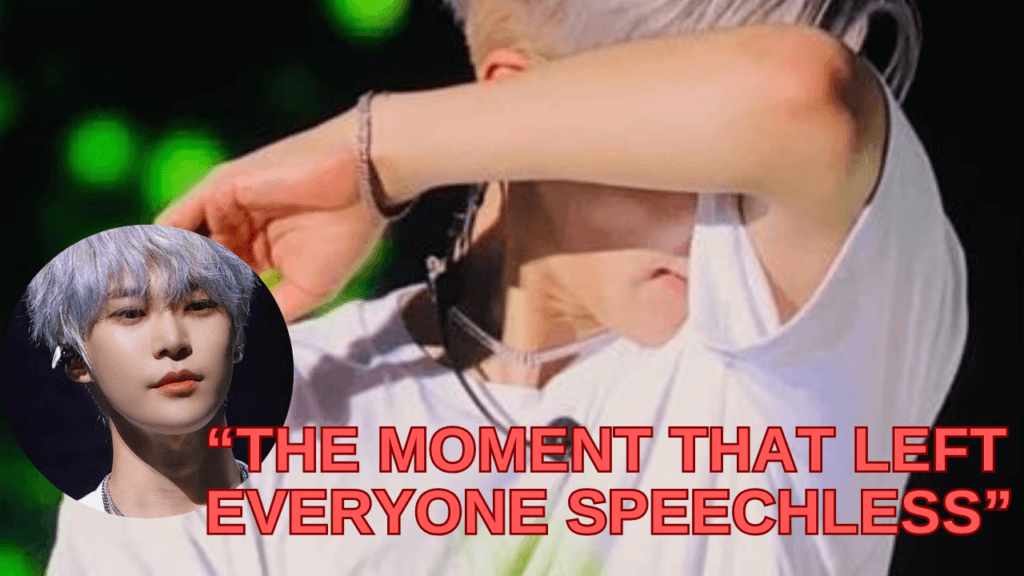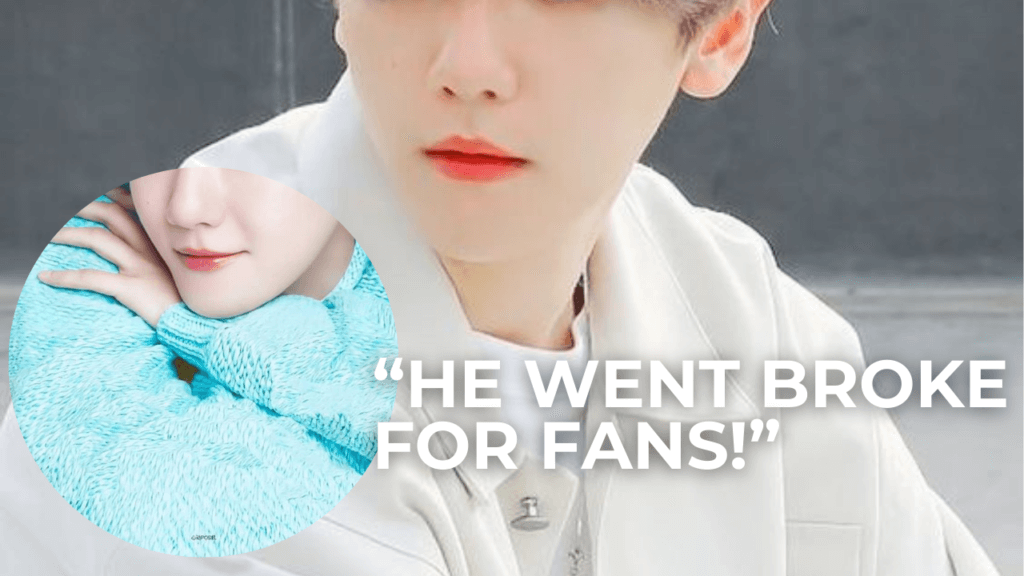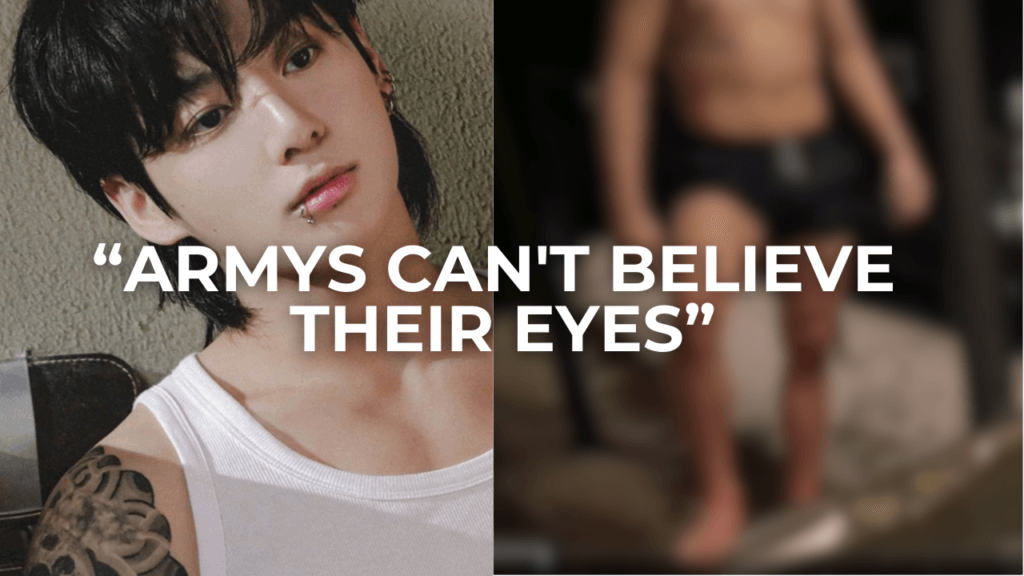The Korea Music Content Association (KMCA) faces intense backlash after threatening to boycott NewJeans, one of K-pop’s most successful girl groups. The controversy erupted when KMCA issued a stern warning about the girl group’s contract dispute with ADOR, their management agency. This unprecedented move has sparked outrage among K-pop fans worldwide, raising serious questions about artist rights and industry power dynamics.
KMCA’s Bold Stand Against Contract Termination
The KMCA’s statement directly addressed the ongoing conflict between NewJeans and their agency ADOR in unusually strong terms. They labeled the group’s attempt to terminate their contract as “tampering,” suggesting it could destabilize the K-pop industry’s foundation. The association’s aggressive stance includes threats to remove NewJeans from major music charts like Circle Chart and exclude them from prestigious award shows such as MAMA and Golden Disc Awards. This hardline position has drawn widespread criticism from both domestic and international fans who view it as an overreach of authority.
Industry Control vs Artist Rights
The association’s actions have raised serious questions about artist freedom and autonomy in the K-pop industry. Many industry observers and legal experts see KMCA’s threats as a concerning attempt to maintain traditional power hierarchies within the entertainment sector. The controversy has brought renewed attention to the “JYJ Law,” passed in 2015, which specifically prohibits broadcasters from unfairly blocking artists without legitimate cause. Legal experts suggest that KMCA’s proposed boycott could potentially violate this important legislation.
Public Response to KMCA’s Actions
Netizens have strongly condemned KMCA’s position in this dispute, with the response being overwhelmingly negative across social media platforms. Many view the association’s threats as excessive and potentially harmful to artist rights, particularly concerning young performers like NewJeans. The public response has been overwhelmingly supportive of NewJeans, with fans questioning KMCA’s authority to make such sweeping demands. Some critics have even suggested that KMCA’s actions reflect a broader pattern of institutional control over artists in the K-pop industry.
Final Thoughts: The Future of Artist Rights in K-pop
The KMCA’s threat to boycott NewJeans has become a pivotal moment in K-pop history, potentially reshaping the relationship between artists and industry institutions. This situation highlights the ongoing struggle between institutional control and artist independence, raising important questions about the future of artist rights in the K-pop industry. What do you think about KMCA’s stance on this issue? Share your thoughts in the comments below.

